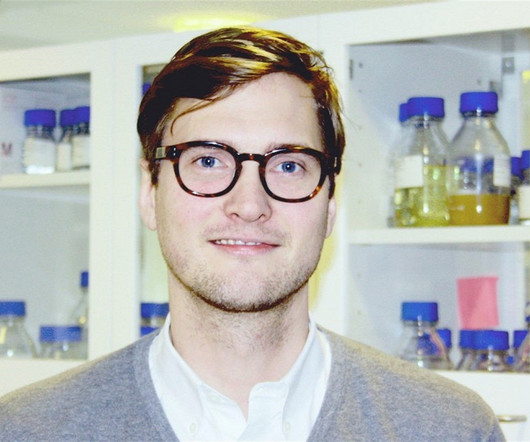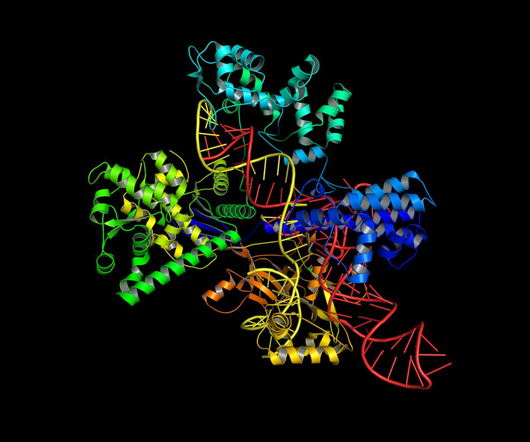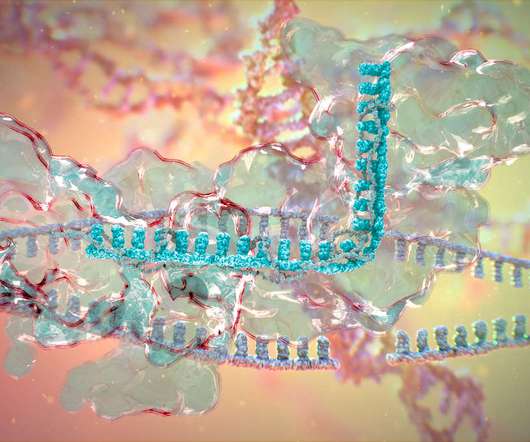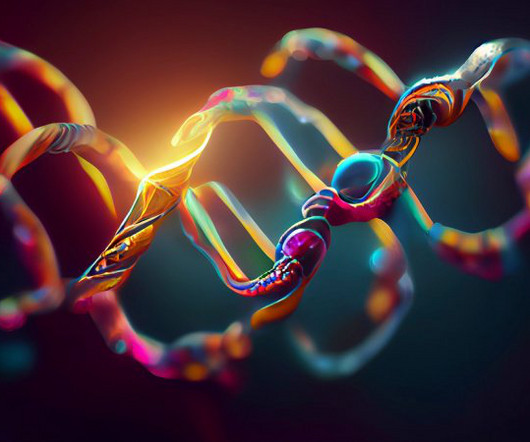Researchers develop CRISPR-based drug candidate for microbiome targeting
Pharmaceutical Technology
MAY 12, 2023
Blood cancer patients with E coli infection are at risk of bacteria infecting the bloodstream. The research team has designed four bacterial viruses which use CRISPR technology to kill the unwanted bacteria precisely. The team then engineered the phages through gene editing to improve their targeting ability.



















Let's personalize your content